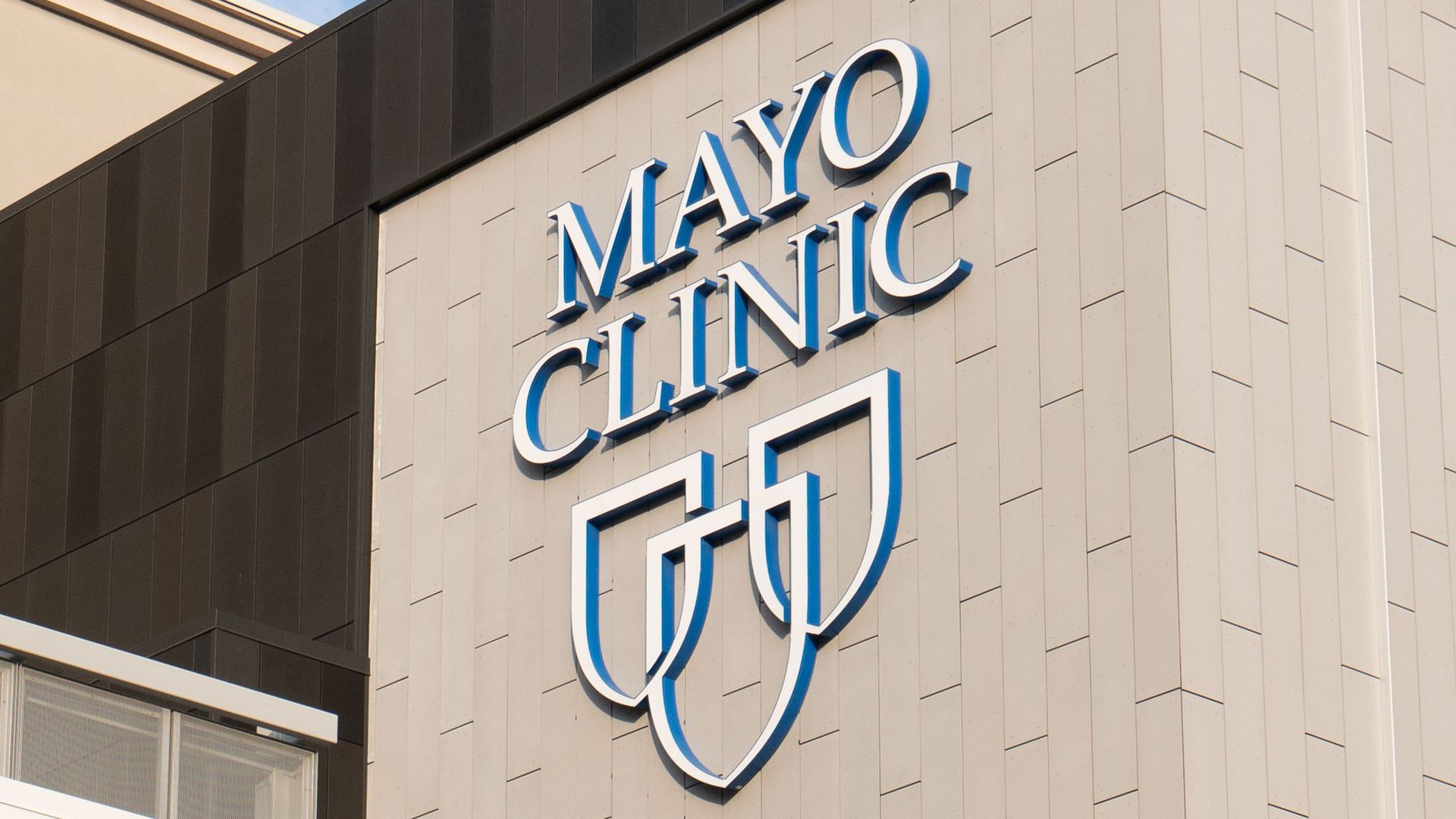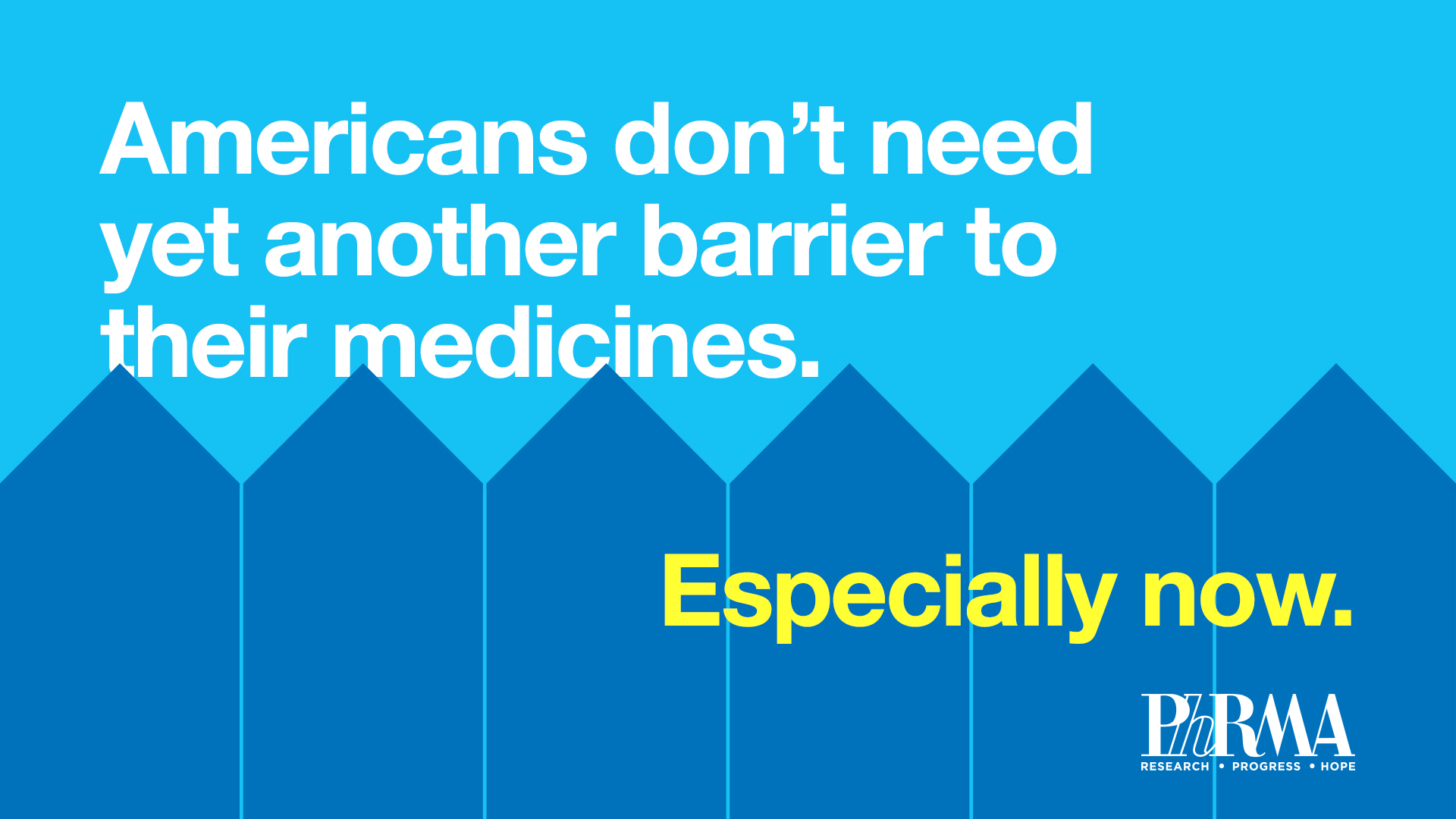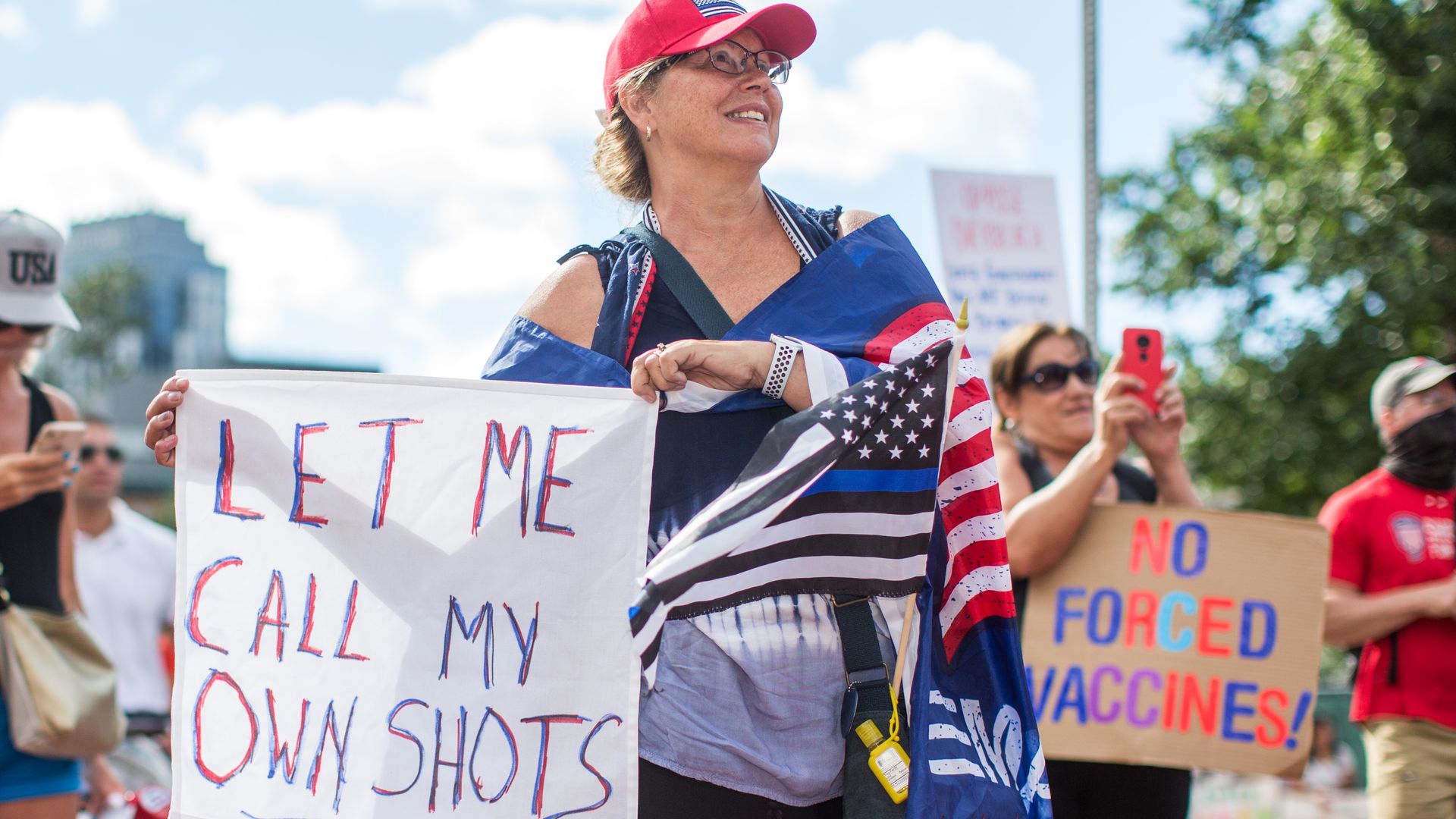| | | | | | | Presented By PhRMA | | | | Vitals | | By Caitlin Owens ·May 13, 2021 | | Good morning. Today's word count is 1,006, or a 4-minute read. | | | | | | 1 big thing: America is finally winning its coronavirus fight |  Data: CSSE Johns Hopkins University; Map: Andrew Witherspoon/Axios America's battle against the coronavirus is going great, Axios' Sam Baker and Andrew Witherspoon report. The big picture: For the first time in a long time, nobody needs to cherry-pick some misleading data to make it seem like things are going well, and the good news doesn't need an endless list of caveats, either. It's just really good news. We're winning. Be happy. By the numbers: The U.S. averaged fewer than 40,000 new cases per day over the past week. - That's a 21% improvement over the week before, and the first time the daily average has dipped below 40,000 since September — eight months ago.
- New cases declined last week in 37 states. Not a single state moved in the wrong direction.
Deaths from the coronavirus are at their lowest level since last July — about 600 per day, on average, per AP, and may soon hit their lowest point of the entire pandemic. Nationally, hospitalization rates are also falling significantly. The U.S. is finally winning its battle against COVID-19 thanks almost exclusively to one weapon: the vaccines. - More than 107 million Americans have gotten both doses of either the Pfizer or Moderna vaccines, and the vaccination drive in the U.S. has been underway for nearly six months. All of that real-world experience has confirmed that the vaccines are highly effective, and it has produced no new safety concerns.
- 99.7% of hospitalized coronavirus patients are unvaccinated, the Cleveland Clinic said this week — more real-world evidence that the vaccines prevent the type of serious infections that were killing over 3,000 Americans per day just a few months ago.
What's next: Almost 60% of American adults have gotten at least one shot, and roughly 45% are fully vaccinated. The next step: vaxxing the 12- to 15-year-olds. |     | | | | | | 2. Pfizer, Moderna reputations soar post-vaccine |  Data: Harris Poll; Chart: Danielle Alberti/Axios America's affections have shifted away from the companies that helped us manage pandemic life and toward the vaccine manufacturers that are helping to end it, Sam writes. Driving the news: Moderna and Pfizer shot up the ranks this year in the Axios/Harris 100, our annual survey of corporate reputations. Moderna is Americans' third-favorite company this year, and Pfizer came in at seventh — up from No. 61 a year ago. - CVS climbed 13 spots since last year.
- Yes, but: Johnson & Johnson isn't getting the same bounce from its coronavirus vaccine. It fell four spots, slipping to No. 72 on this year's list — considered a "good" but not "excellent" or "very good" corporate reputation.
Flashback: A year ago, when Americans were still sanitizing our groceries and figuring out how to live in a state of lockdown, Clorox was America's favorite company. Instacart, Peloton and Zoom leapt onto the list for the first time in 2020. - None of those companies made the cut this year.
See the rankings. |     | | | | | | 3. Health care giants team up on hospital-at-home |  | | | Mayo Clinic and Kaiser Permantente announced plans to partner on an investment in the future of at-home medical care. Photo: AaronP-Bauer-Griffin/GC Images | | | | Mayo Clinic and Kaiser Permanente announced today they've teamed up to scale the use of hospital care in patients' homes, starting with a shared investment in Boston-based company called Medically Home Group. Why it matters: After seeing hospital capacity strained to the max amid the pandemic along with the simultaneous rise of telehealth, more patients could find themselves getting acute care in their own beds in the future, Axios' Tina Reed reports. State of play: Already, several hospitals around the country — including Adventist Health, ProMedica, UNC Health and Tufts Medical Center — began using Medically Home's model of care. Mayo and Kaiser also began using Medically Home amid the pandemic. - Medically Home sets up all the necessary tools, such as remote monitoring technology as well as an integrated care team, to monitor and offer care to patients in their homes. They estimate 30% of hospitalized patients can benefit from the model.
- While many hospitals built field hospitals or implemented surge plans that included moving ICU patients to non-ICU areas for their care, the hospital-at-home model emerged as another option for many.
But, but, but: While the pandemic pushed many insurers to pay for hospital-at-home care and telehealth rules relaxed, it remains unclear what the future holds when it comes to the rules in a post-pandemic world. |     | | | | | | A message from PhRMA | | Americans don't need another barrier to their medicines | | |  | | | | We have to lower what patients pay for their medicines. We also have to make sure they are getting the medicines they need. The challenge: H.R.3 forces a choice between one or the other. There's a way to do both, but H.R.3 isn't it. Get the facts. | | | | | | 4. Pfizer's argument against waiving patent rights | | Waiving intellectual property protections for coronavirus vaccines won't do much to help with global access issues, and could actually cause setbacks to the world's vaccination effort, Pfizer wrote to a group of Democratic senators in a letter obtained by Axios. Why it matters: Pfizer — and the drug industry writ large — is on the defensive after the Biden administration announced it would support waiving vaccine patent rights. Pfizer alone likely has billions of dollars at stake. What they're saying: "COVID-19 vaccines are complex biologic products, and their manufacturing requires specialized experience, expertise, and equipment. It is not as simple as sharing a 'recipe,'" writes Jennifer Walton, vice president of U.S. government relations. - Only a handful of facilities worldwide can currently manufacture mRNA vaccines and their ingredients at a large scale, she added.
- Additionally, the waiver could create more competition for a finite supply of the hundreds of materials required to produce the vaccine.
Instead, Pfizer has partnered with other experienced manufacturers to scale up output, and is projecting that it will produce 2.5 billion doses in 2021. Be smart: Advocates of the waiver will likely dismiss Pfizer's warning as fear-mongering for the sake of protecting its profits. - Sen. Elizabeth Warren did just that at a Senate Finance hearing yesterday: "Drug companies are kicking and screaming about this waiver over the COVID vaccines because they are worried that the federal government may finally have the spine to lower drug prices," she said.
|     | | | | | | 5. Profits help fuel anti-vax efforts |  | | | Anti-vaccine activists hold signs in front of the Massachusetts State House during a protest in August 2020. Photo: Scott Eisen/Getty Images | | | | What's fueling the anti-vaccination movement? For some, there's money to be made through sales of natural remedies or books, NPR reports. What they're saying: "One of the things that antivaxxers have to do to sell their own remedies ... is to persuade people not to trust authorities they've trusted in the past," Imran Ahmed, CEO of the Center for Countering Digital Hate, told NPR. - Researchers from the center published a paper in the journal Nature Medicine about attending a three-day meeting of prominent anti-vaccination advocates and found what they characterized as a "sophisticated" and "organized" industry aimed at sowing doubt in the COVID-19 vaccine.
- That same industry received more than $850,000 in PPP relief loans amid the pandemic.
- One anti-vaccine advocate, Joseph Mercola, is believed to bring in millions each year selling natural health products. He told NPR he "rejects your biased accusation of promoting misinformation."
|     | | | | | | A message from PhRMA | | Congress: Here's why H.R.3 isn't the solution to lower cost drugs | | | | Americans don't need another barrier to their medicines. We have to lower what patients pay for their medicines. We also have to make sure they are getting the medicines they need. H.R.3 forces a choice between one or the other. There's a way to do both, but H.R.3 isn't it. Get the facts. | | | | | | Axios thanks our partners for supporting our newsletters.
Sponsorship has no influence on editorial content. Axios, 3100 Clarendon Blvd, Suite 1300, Arlington VA 22201 | | | You received this email because you signed up for newsletters from Axios.
Change your preferences or unsubscribe here. | | | Was this email forwarded to you?
Sign up now to get Axios in your inbox. | | | | Follow Axios on social media:    | | | | | |







No comments:
Post a Comment